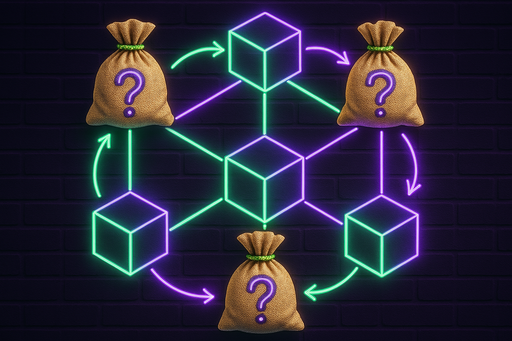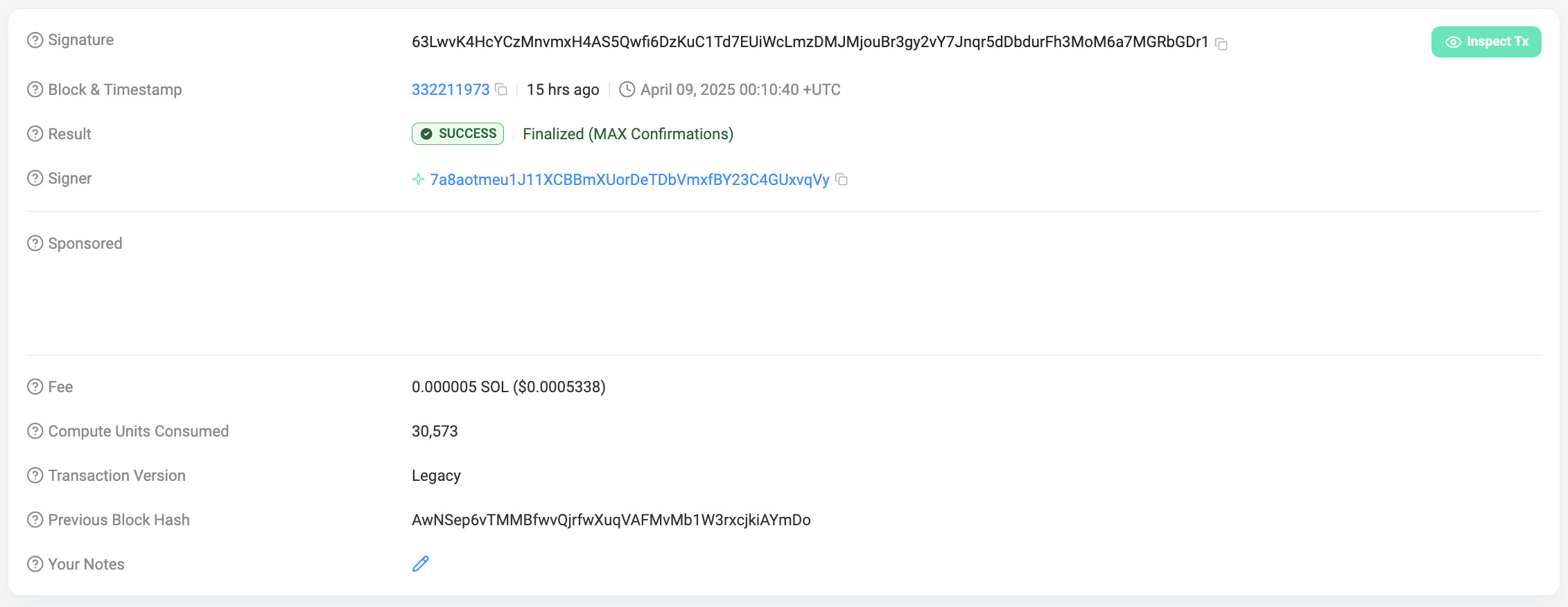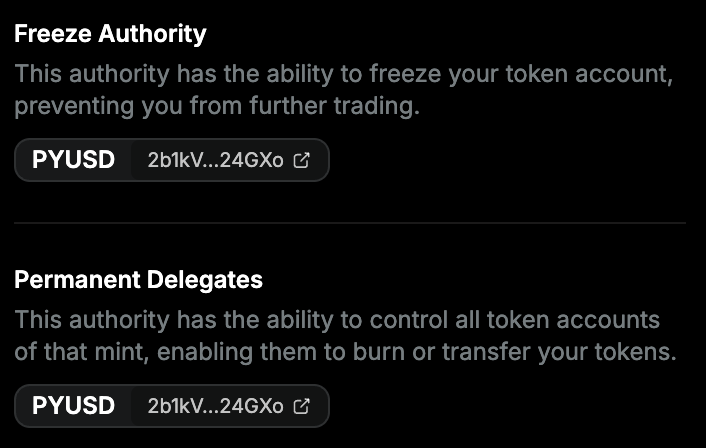
What Can Solana’s New ‘Confidential Balances’ Be Used For?
Confidential transfers are bringing zk-powered privacy to Solana
- Published:
- Edited:
Continuing its charge towards greater token composability and onchain privacy, Solana has introduced a new ‘Confidential Balances’ token extension.
Powered by zk-proofing and offering improved privacy controls, confidential balances unlock a wealth of new utilities and opportunities for users and builders alike.
But like every new feature, confidential balances can be a tool for both good and evil. What can confidential balances be used for, and what do network participants need to be wary of?
What Are Confidential Transfers?
Confidential balances is a blanket term that refers to a set of three token extensions that enable configurable privacy on Solana. Where previously, all token balances and transfers were publicly verifiable onchain, Solana’s new confidential transfers allow users to safeguard their activities from prying eyes.
Under the new, opt-in extension, users can encrypt their token balances and hide their transfers, allowing for superior onchain privacy. Beyond private transfers and balances, the standard also enables confidential token mint and burn operations, and opaque transfer fees.
Range Security CEO monty has been the first to demonstrate confidential transfers in action, wrapping $USDT and sending an undisclosed amount of tokens to an unknown destination.

Additionally, Solana’s zk-powered token extensions are also built for institutional compliance, without compromising the network’s industry-leading speeds and transaction throughput. This key consideration inspired TradFi giants like PayPal to bring its stablecoin, $PYUSD, to the network in 2024.
New Use Cases
Confidential balances, transfers, and operations introduce a wealth of potential new use cases and applications within the onchain environment. As with many crypto growth verticals, token extensions are a natural fit within the financial landscape, enabling configurable privacy within:
-
Encrypted payroll systems
-
Private B2B payment transfers
-
Subscription services
-
Privacy-preserving consumer apps and wallets
-
vote-and-reveal governance votes
Ecosystem builders have come out in support of Solana’s newest token extensions, commending the protocol’s engineers and expressing excitement towards implementing the standard into their own contracts.
Are There Any New Risks?
While confidential balances introduce plenty of novel use cases to the ecosystem, these extensions can also be abused by malicious actors.
For example, confidential transfer taxes could theoretically be used to siphon funds from transactions without the user being aware of the fee. Alternatively, confidential minting could enable token deployers to mint billions of new tokens, effectively devaluing existing supply and dumping new tokens on markets. This technique is commonly employed on EVM networks as a means of rugging memecoins.
Fortunately, the network has several protections in place. Confidential balances are an opt-in feature on token deployment, meaning that existing tokens will be unaffected. Ecosystem applications will likely flag which tokens have been created to include the extension.
Speaking exclusively with SolanaFloor, RugCheck and Fluxbeam founder Scott Hague acknowledged that the confidential balances extension enables new rug strategies.
“Users trading these new tokens with the extension would need to be aware of that risk that some actions are masked from public view. The extension itself does cause the potential for more rug strats but it will take time for the confidential transfers etc to be supported across the DEX ecosystem… its a niche feature at the moment but given the power it has and crypto’s tendency towards privacy enablement, I expect it will become quite popular pretty quickly” - Scott Hague, Founder of RugCheck and FluxBeam
However, Hague asserts that it will take time before new attack vectors become a threat, arguing that Solana’s DeFi ecosystem will be well-equipped to warn users of any threats.

For example, DeFi applications like Jupiter highlight potential risks associated with existing token extensions and will likely incorporate future extension updates into their warnings.
Read More on SolanaFloor
Kast launches its native stablecoin
M^0 Expands Stablecoin Platform to Solana, KAST to Launch First Custom Dollar
Step into Solana DeFi


